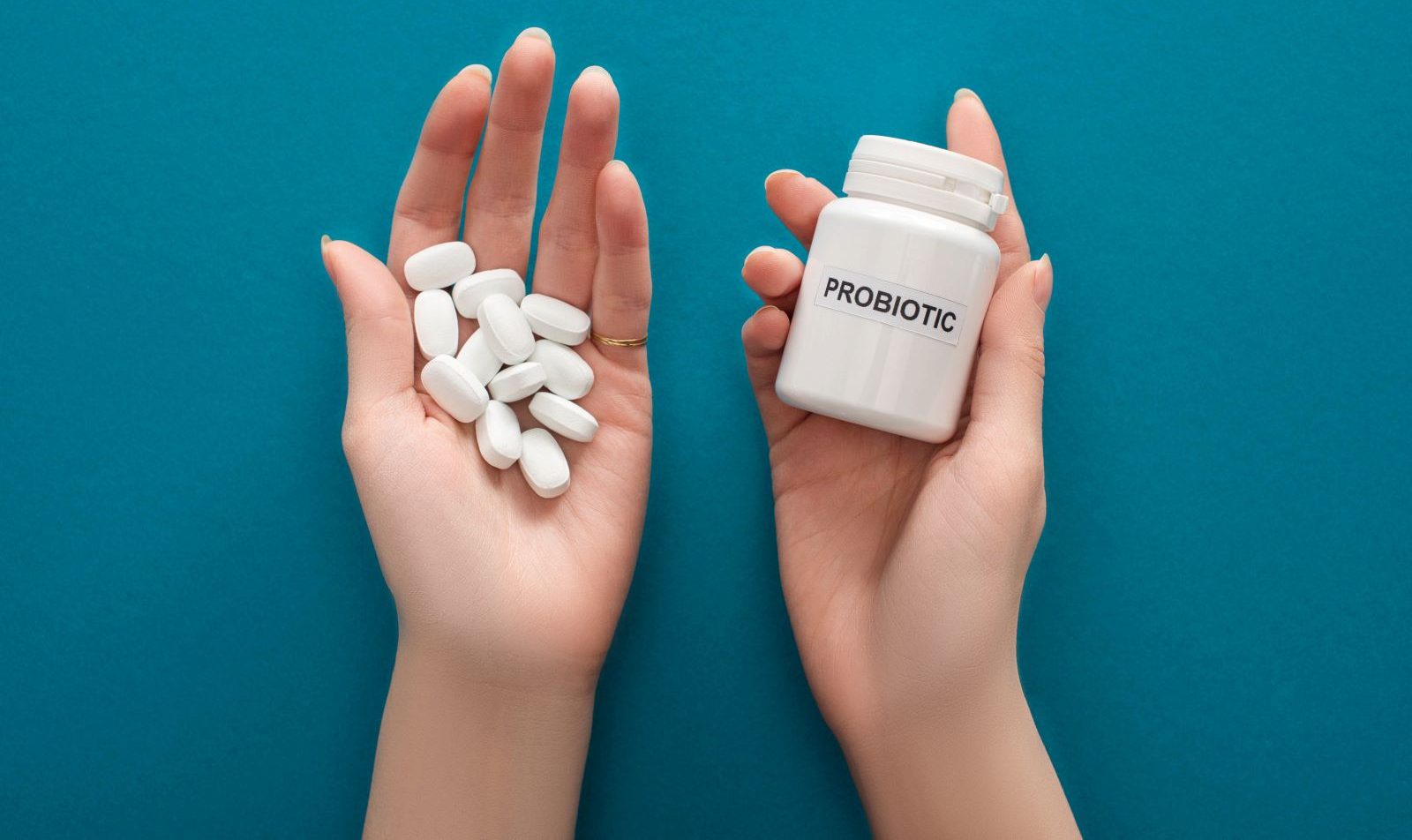The probiotics aisle in the drug store is jam-packed with pills, capsules, gummies, and powders, offering all kinds of digestive relief to consumers.
But if you are an otherwise healthy person, should you be taking probiotics?
“This is the same question that goes with multivitamins,” says Jamie Allers, MS, a registered dietitian with Hartford HealthCare’s Digestive Health Institute. “If you don’t have a specific problem, do you need a probiotic?”
Allers explains what probiotics are, and when they might be right for you.
What exactly are probiotics?
Probiotics contain live microorganisms designed to keep your gut healthy. But your gut already has those in your body’s microbiome, Allers says.
Your gut microbiome is the collection of all the microorganisms and viruses that live in your digestive system, making sure your gut works the way it should.
How do I know what probiotic would help me?
Before you start shopping for probiotics, Allers emphasizes that the first step should be to speak with your healthcare provider.
“Not all probiotics are the same. So first, know what your specific issue is,” she says. “Talk to your healthcare provider about it. Then work with someone to identify the probiotic best for you.”
Should I try probiotics if I don’t have any gastrointestinal issues?
If you’re one of the lucky ones with no GI issues, then there may be other steps you can take to support your microbiome.
“If you are maintaining your microbiome and don’t have a specific GI issue like constipation or diarrhea, then you can maintain your general (gut) health by adding some fermented foods to your diet,” she says.
Fermented foods are those that contain live active cultures, Allers says. Everyone immediately thinks of yogurt, but it also includes:
- Tempe
- Miso
- Sauerkraut
- Kimchi
- Kefir
- Kombucha.
Fermented doesn’t necessarily mean pickled, Allers notes, although some pickled vegetables are fermented.
“Anything that doesn’t go through a heat process would be fermented.”
Fruits, vegetables, nuts, seeds, beans and whole grains also help your gut stay healthy.
> Related: Can Ginger Cure All My Digestive Woes?
How can I integrate these foods in my diet?
If you’ve never made a habit of these types of foods, Allers recommends starting slow, maybe one meal a couple of times a week.
“That allows your system to adjust,” she says. “Slowly increase over time.”



